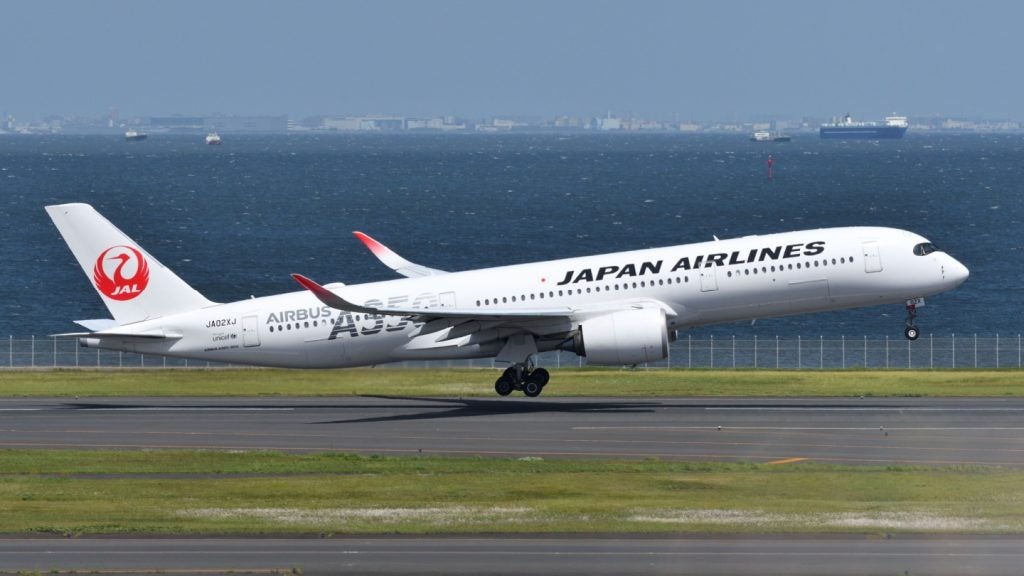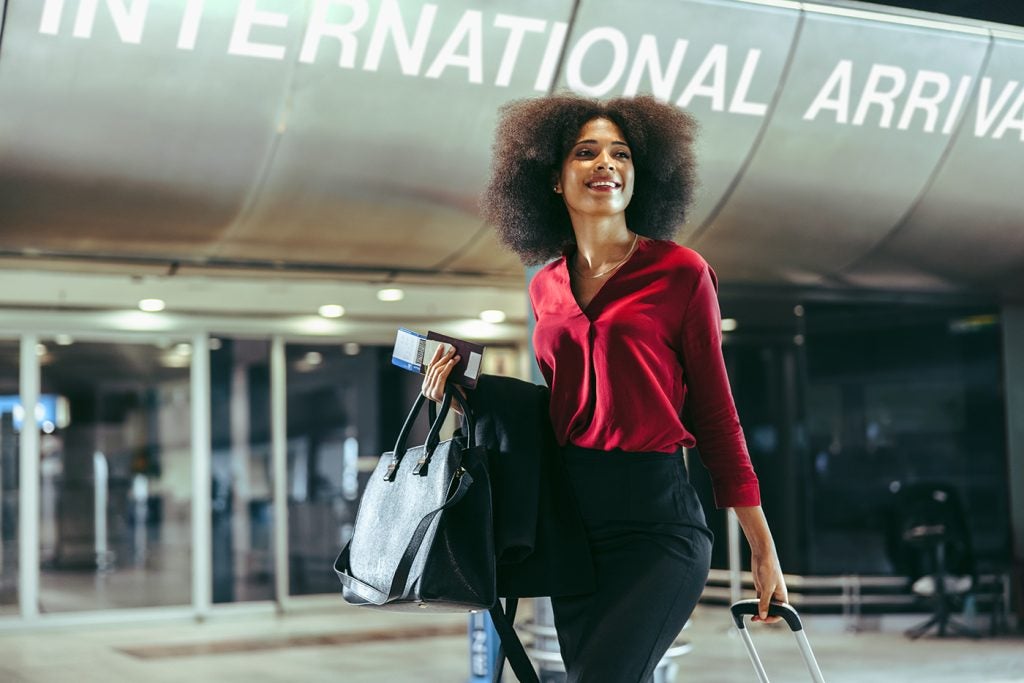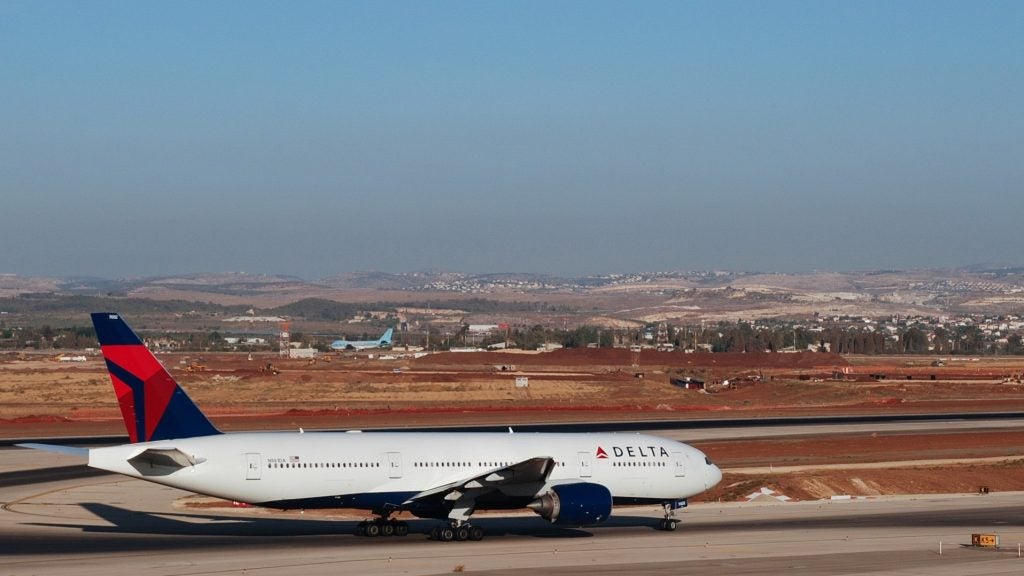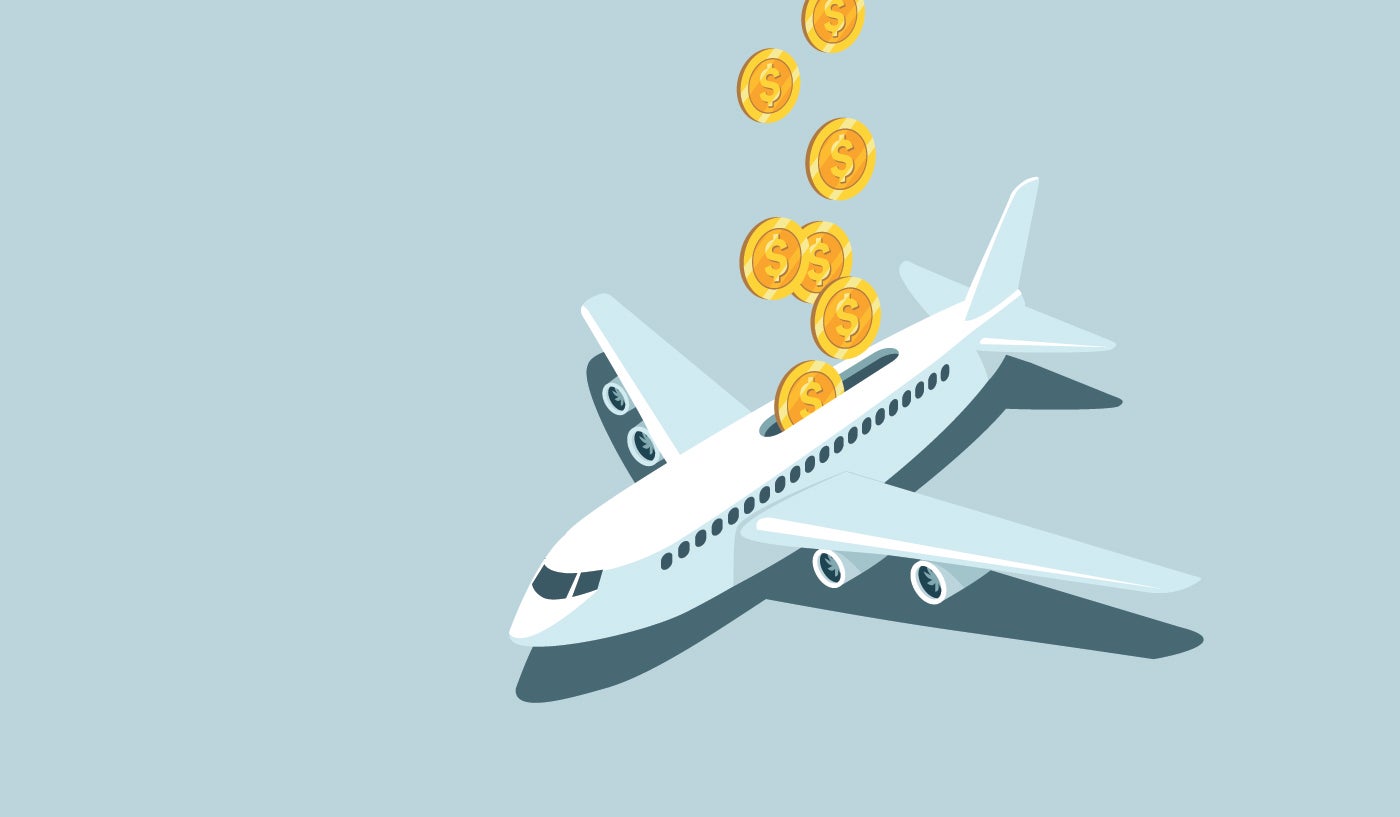
A new report from Greenpeace argues that the price difference between air travel and rail travel ticketing, due to airline subsidies, is the main factor preventing a great modal shift of travellers opting for rail over air.
Air travel contributes to 2.5% of global CO2 emissions and is the fastest-growing source of transport-related greenhouse gas emissions in the EU. According to the European Environment Agency, rail travel accounts for 14 grams of CO2 emissions per passenger mile, which is far less than the 285 grams generated by air travel.
The Greenpeace report, called ‘Ticket prices of planes vs trains – a Europe-wide analysis’, shows that travelling by train is on average twice as expensive as by plane in Europe, with some rail routes costing up to 30 times as much as their corresponding flights.
By analysing 112 European routes and comparing air and rail fares on nine different
days for each route, the report posits that the price differences are due to regulatory differences between the two modes and proposes some solutions to make rail travel more competitive against travelling by plane.
“In the midst of a cost-of-living crisis, it’s no surprise that passengers are concerned about the cost of travel. The unfortunate reality is that the air industry has held a monopoly over affordable travel for many years now, and rail providers have been unable to compete on cost for a multitude of reasons,” says Cameron Jones, COO of rail digital infrastructure company Silverrail.
See Also:
“But price isn’t the only factor for passengers, rail also needs to compete on travel time and the quality of the experience, if we’re to see a meaningful modal shift from air to rail.”
How well do you really know your competitors?
Access the most comprehensive Company Profiles on the market, powered by GlobalData. Save hours of research. Gain competitive edge.

Thank you!
Your download email will arrive shortly
Not ready to buy yet? Download a free sample
We are confident about the unique quality of our Company Profiles. However, we want you to make the most beneficial decision for your business, so we offer a free sample that you can download by submitting the below form
By GlobalDataWhat are the findings?
In 79 out of 112 routes analysed, flights were shown to be less expensive than trains. Rail trips are on average twice as expensive as flights, according to the research.
Only 23 of the routes analysed are cheaper by train than by plane. The report categorises only half of these 23 routes as “decent” train trips, with the others having “impractical or slow” rail connections. Of these 23 routes, 16 are not served by low-cost carriers, and 6 routes do not have the option of direct flights at all.
The countries with the most expensive train tickets compared to flights are the UK, Italy, Belgium, France, and Spain. In Central and Eastern Europe, trains were found to be more often cheaper than flights compared to Western Europe. However, train frequency, speed, connections, and services were more often rated worse in than in Western regions.
Rail ticketing was found to be more expensive the more different rail companies were involved in the trip and the more separate tickets that have to be bought for different parts of the trip. The price may also vary from one operator to another.
Some of the most efficient train routes in Europe – such as Amsterdam–London,
London–Edinburgh, and Toulouse–Paris, which are 4-4.5 hours by train each – are still among the four most popular short-haul flights in Europe. Despite the rail connections available on these routes, Greenpeace’s analysis shows that flights still remain much cheaper than rail.
An “unfair” playing field
The report shows that travelling by rail is on average twice as expensive as flying and some routes cost up to 30 times as much for a same-day trip.
Greenpeace highlights “unfair” pricing systems that favour air travel over rail, pointing out that airlines pay neither kerosene tax nor VAT on international flights, which combined add up to subsidies totalling tens of billions of euros each year.
In many cases, airlines and airports also benefit from further subsidies paid for with regional or national taxpayers’ money. On the other hand, railways and train operators have to pay fuel or energy taxes, VAT, and in rail tolls in some countries.
“Citizens are encouraged to fly rather than take the train. But these cheap tickets come at a high cost to the planet and its inhabitants,” Herwig Schuster, transport expert for Greenpeace’s Mobility for All campaign says.
“It’s time to stop subsidising the climate crisis. let’s put an end to air travel subsidies, starting with phasing out kerosene tax exemptions, and make trains more affordable by introducing climate tickets.”
The UK has cut air passenger duty in half for domestic flights while doubling it for long-haul flights. While the slashing of domestic duty was an attempt to stimulate the air industry post-pandemic, it simultaneously compounded the existing gap between domestic air and rail travel in the country. France has banned some short-haul domestic flights, which many argue is only possible thanks to the country’s existing high-speed rail routes.
Travelling by plane is also given priority by third-party online ticketing platforms and journey planners, which furthers the consumer bias towards flying as travelling by train is often not even offered as an option.
“Currently, train travel isn’t easy. Fare purchasing is unclear, ticketing is labyrinthine, and multiple providers offer similar but not identical services, which causes confusion among travellers,” says Jones.
“Conversely, airlines have quickly embraced technology and passengers have become used to services like calendar price search when booking their tickets or using a comparison site to find the best value fare across multiple providers.
“At the end of the day, the easier it is to buy a ticket – and buy a ticket at the right price – the more tickets will be bought. And this can only be a good thing for rail providers and passengers alike.”
Railway rivals: low-cost airlines
Low-cost carriers operate 79% of all routes analysed in the report, and for a further 12% of the routes analysed, transfer flights operated by these companies are the cheapest flight option.
According to the Greenpeace report, these transfer flights are the most polluting travel option, causing up to 10 times more greenhouse gas emissions than direct flights.
“Low-cost carriers sometimes offer even cheaper connecting flights than airlines already operating direct flights on the same routes, causing up to 10 times more greenhouse gas emissions,” says Schuster.
“Low-cost airlines have exploited every loophole and trick in the book to be as competitive as possible. €10 flights are only possible because others pay the real costs.”
These loopholes, according to the report, include minimising labour costs by only using the minimum staffing levels required by law, paying staff lower salaries than traditional airlines, and employing staff in countries with weaker labour laws.
Greenpeace also says that by using corporate structuring and registering in low-tax regions, low-cost airlines can reduce their corporate taxation, and that they are able to take advantage of subsidies that aren’t available to rail.
“Short-haul flights are priced so attractively because pollution is so cheap. Taxation and ticket prices should reflect the climate cost of frequent flights that are fuelling heatwaves across Europe and a global climate emergency,” says Doug Parr, Greenpeace UK’s director of policy.
“The current tax and regulatory environment favours aviation and incentivises flights when train travel is at least five times less polluting and often more direct to city centres. Raising awareness is only a part of the answer – governments need to start incentivising the kinds of behaviour that will keep us all safer and healthier.”
Of course, none of these methods that low-cost carriers use to lower their operating costs are illegal, and the airlines would surely argue that by taking advantage of the options available to them they can pass on the savings in operational costs to their customers.
But Greenpeace argues throughout the report that because these options are not available to railway operating companies, the landscape is systematically biased towards travelling by plane.
Calls for ‘Climate Tickets’
Greenpeace is lobbying global governments to introduce what it calls ‘climate tickets’ – long-term tickets valid on all public transport in a defined region.
“Greenpeace is calling for wider use of climate tickets that are valid on all means of public transport. Ideally, the climate ticket model could be extended to cross-border services too,” says Parr.
“Similar initiatives have already been introduced in a number of European countries including Austria, Germany, Spain and Luxembourg with encouraging results. In countries where this has been introduced at the right price level, the results have been dramatic.”
Schuster says that these tickets could be financed through windfall taxes, the phasing out of environmentally harmful subsidies, or “a fair tax system” based on CO2 emissions.
“European citizens should have access to affordable and simple long-term tickets that are valid on all public transport in their country,” says Shuster.
“These tickets, together with the phasing out of airline and airport subsidies, could start the much-needed shift from air to rail.”
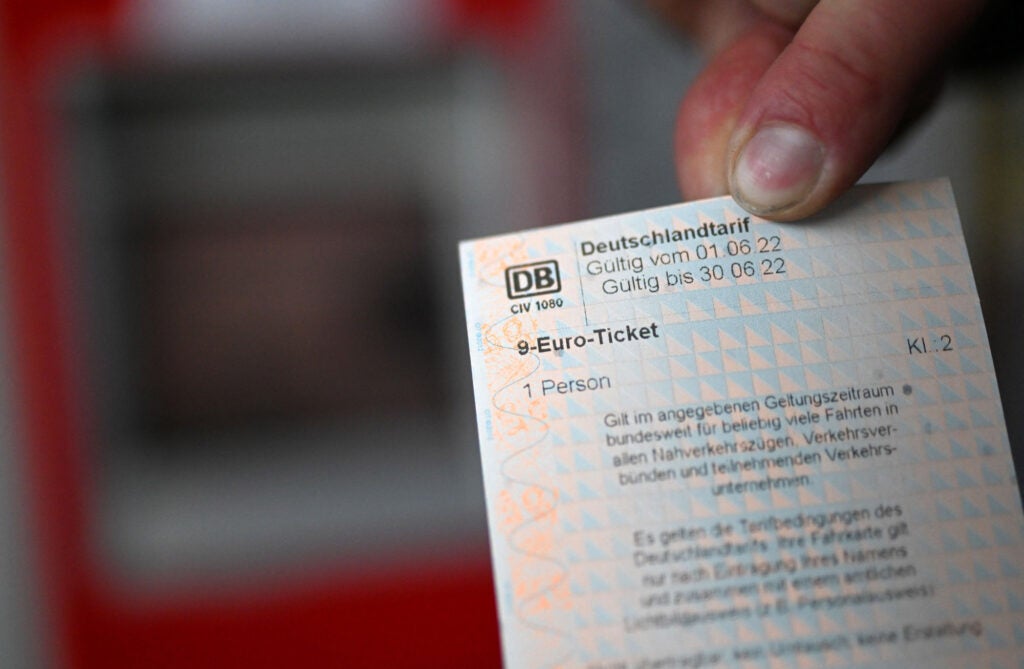
Greenpeace also calls for an end to airline and airport subsidies, starting with the phasing out of tax exemptions for fuel.
“It’s vital to level the uneven regulatory playing field that gives low-cost airlines such an unfair advantage. This could involve banning short-haul flights where there is a reasonable rail alternative,” says Parr.
“Governments should also end subsidies for airlines and airports, starting with a phase-out of tax exemptions for kerosene and a frequent flier levy.” He adds that he thinks the recent reduction in Air Passenger Duty in the UK should be reversed.
Schuster, however, goes one step further, airing the idea of a crackdown from those in power, saying that investigations by national authorities into “unfair commercial practices and predatory pricing” in passenger air transport would, he says, be “interesting”.



